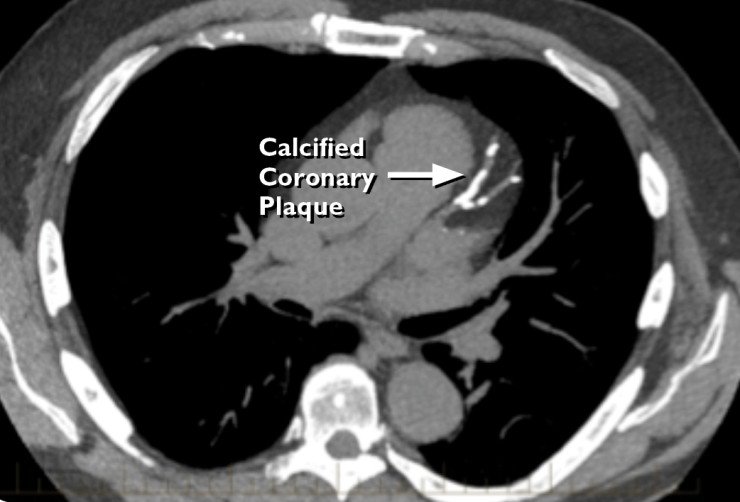Coronary calcium test
Over time, as the plaque builds up in the heart arteries, it becomes hardened and calcified. These calcified plaques can be visualized with a special type of CT scan. That test, which takes several minutes and does not involve the injection of dye, provides a calcium score. The score reflects the number of calcified plaques, their size, and their density. A normal score is zero. However by age 70, approximately 60% of women and 80% of men, will have a score above 0. It is important to note that a score of 0 does not mean there has not been any buildup of plaque, only that whatever plaque is present is not calcified enough to be detectable by a CT scan.
Why would my doctor recommend a coronary calcium test?
There is abundant evidence that the higher the calcium score, the greater the risk of a heart attack. Therefore this test can be used to help guide decisions about how aggressive to be in taking preventive steps. For example, the decision may be made not to start a statin when the score is zero because the risk of a heart attack will be lower.
The test is generally not ordered in patients at low risk in whom the score is very likely to be zero. Similarly it is generally not ordered in high risk patients in whom aggressive steps to reduce risk are going to be recommended regardless. However for some patients in the intermediate group, the test can serve as a guide.
Downsides of the test
Coronary calcium tests do involve exposure to a small dose of radiation. The cost of the test is usually about $100, and it is usually not covered by insurance.

